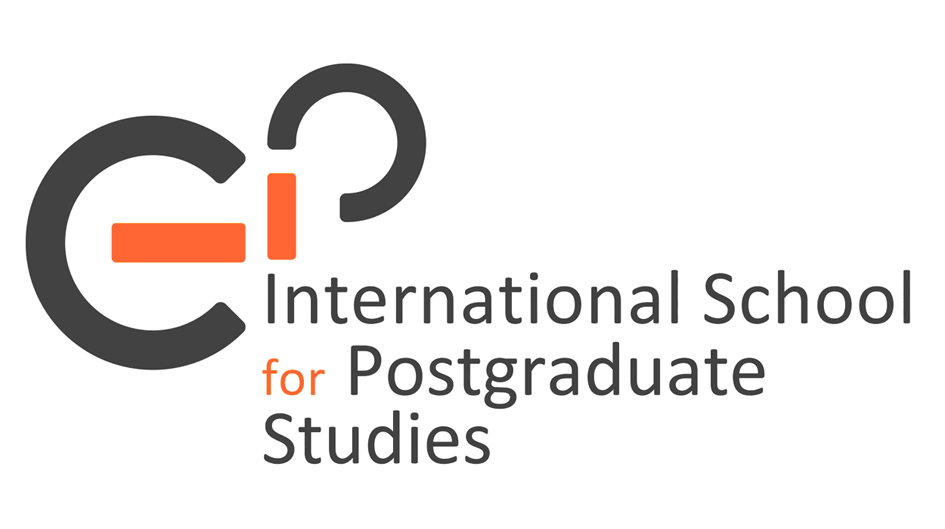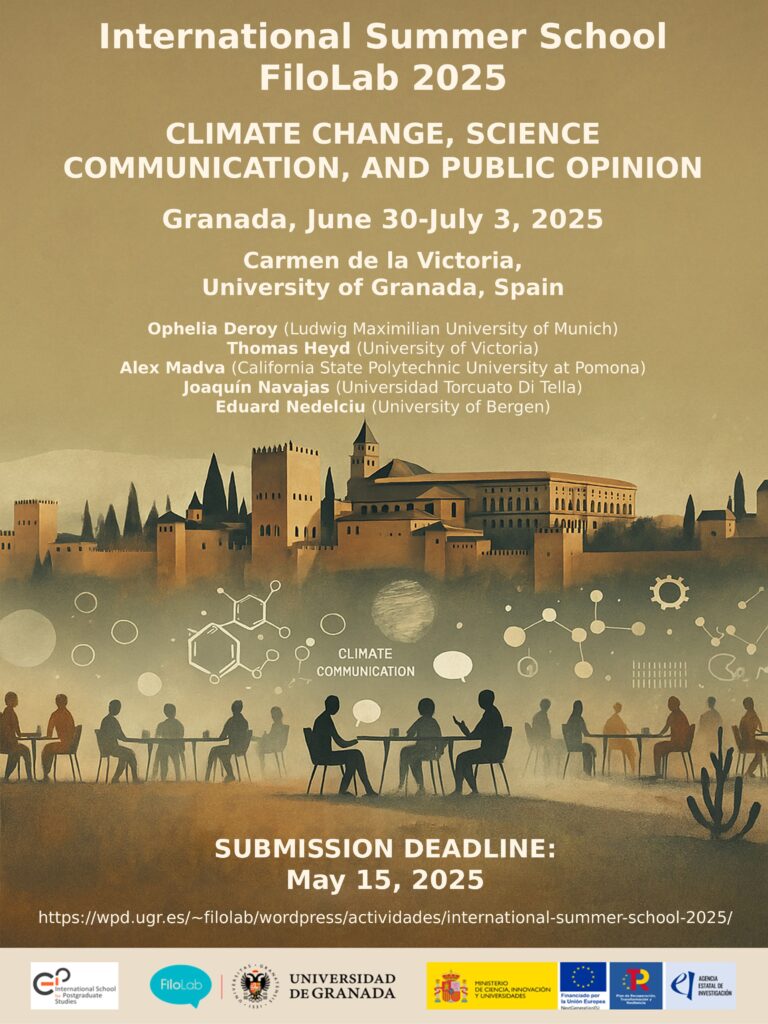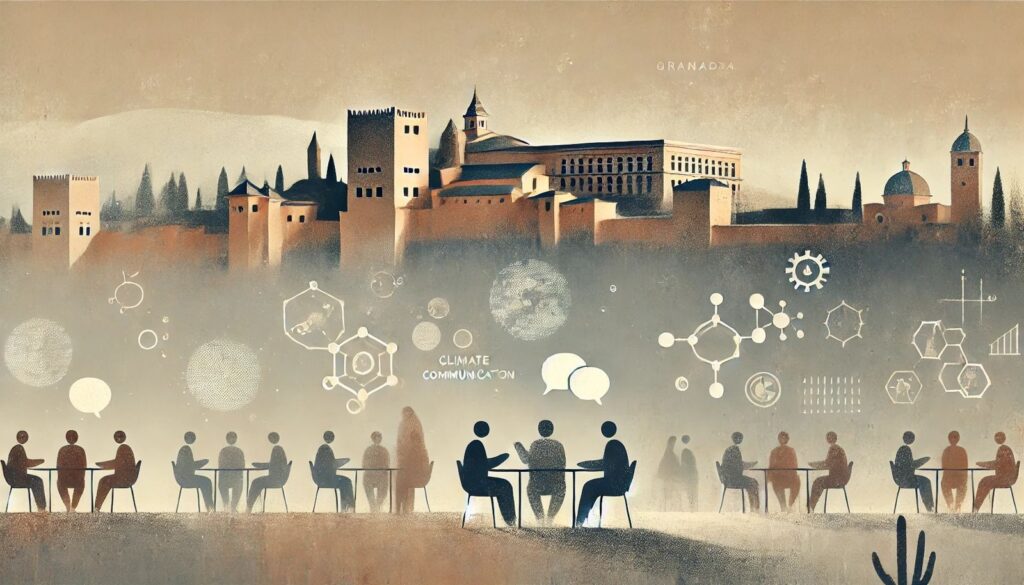
Climate Change, Science Communication, and Public Opinion
June 30–July 3, 2025
Carmen de la Victoria, University of Granada, Spain
Under the auspices of: International School for Postgraduate Studies; Scientific Unit of Excellence FiloLab-UGR; Departamento de Filosofía I (UGR); Spanish Ministry of Science, Innovation, and Universities; NextGenerationEU/PRTR.
Keynote Lecturers: Ophelia Deroy (University of Munich), Thomas Heyd (University of Victoria), Alex Madva (California State Polytechnic University at Pomona), Joaquín Navajas (Universidad Torcuato Di Tella), Claudiu Eduard Nedelciu (University of Bergen).
The final programme is available here.
FiloLab is a Scientific Unit of Excellence at the University of Granada, dedicated to the philosophical study of public controversies.
The 2024 Global Risks Perception Survey identified misinformation, extreme weather, and societal polarization as the most urgent short-term risks. The 2025 edition maintains these among the ten most severe global risks in the medium term and reaffirms that five of the ten most cited concerns relate to climate change. Future policies addressing climate change will inevitably be controversial. Their implementation will require compromises among multiple stakeholders and possibly a transition toward new sustainable models. Given the urgency of the measures ahead, an increase in polarization on these topics is highly likely. A polarized public opinion reduces the chances of achieving coordinated action through deliberative processes, making it more difficult to implement essential climate policies. Additionally, resistance to climate action will exacerbate the negative effects of polarization on contemporary democracies, especially when regulation is needed in areas of high or perceived uncertainty.
If we are to develop effective strategies for deliberating on uncertain and highly controversial climate policies, we urgently need science communication models that successfully promote public support—both for scientific research funding and for climate policies entailing significant public costs. Achieving this goal requires insights from multiple disciplines. It is essential to understand the dynamics of public opinion and social norms, the challenges of science communication on uncertain and controversial topics, and the effects of public discourse and deliberation on stakeholders with diverse interests. The purpose of this Summer School is to contribute to the advancement of this international, multidisciplinary research effort.
The School
Over the course of four days, Ph.D. students will have the opportunity to engage with internationally renowned experts in discussions on climate change, science communication, and public opinion. Participants will explore recent research in these fields, present their own work, and receive valuable feedback from invited scholars. The ultimate goal of this Summer School is to provide doctoral students with direct access to leading researchers whose work—whether directly or indirectly—relates to these themes.
The workshop offers two modes of participation:
- Attendance: Open to Ph.D. candidates who just wish to attend the four-session workshop and participate in the working groups.
- Presentation: Open to Ph.D. candidates who wish to present their research projects for discussion with specialist professors. Prospective presenters must submit an extended abstract (max. 1,500 words), which will be reviewed by the organizing committee. Based on thematic relevance and quality, selected abstracts will be presented and discussed during the workshop sessions. Each presentation will be assigned to a specific session according to its topic, with designated slots in the final program.
There will be a maximum of 20 attendees, with 10 spots available for presenters.
Who can attend: The workshop is designed to be open and interdisciplinary. The main themes, as well as related topics, are relevant to philosophers, political scientists, and social psychologists. Previous experience has shown that discussions are significantly enriched when graduate students from diverse backgrounds participate. Therefore, Ph.D. candidates in Philosophy/Ethics, as well as in related fields such as Social Psychology, Sociology, Political Science, Humanities, Law, and Economics are encouraged to apply.
The workshop aims to foster a network of contacts for future collaboration and academic exchange.
Keynote Lecturers
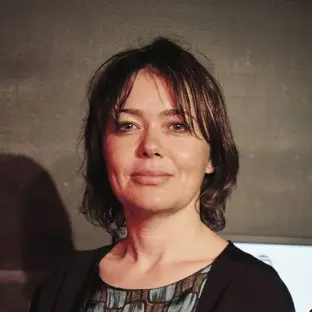
Ophelia Deroy is Professor of Philosophy and Neuroscience at the Ludwig Maximilian University in Munich, where she leads the Munich Interactive Intelligence Initiative—a growing network of 20+ core members and 20+ collaborators. She has a book under contract with Routledge about Scientific commons: A philosophical approach to science communication, and has published extensively on how perception and experience come together from different sources—whether senses or individual perspectives, and what happens when they don’t fully align.
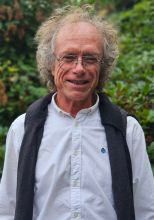
Thomas Heyd is a research fellow at the Centre for Global Studies and professor of Philosophy and Environmental Studies at the University of Victoria. He is the author of Encountering Nature: Toward an Environmental Culture (Ashgate, 2007) and editor of Recognizing the Autonomy of Nature (CUP, 2005). He has published numerous articles and book chapters in Environmental Humanities, including “Climate Change and the Environmental Humanities” in Handbook of Philosophy of Climate Change (2023); “Precursors and Antecedents of the Anthropocene,” Social Sciences (2022); and “The Natural Contract in the Anthropocene” (with Bertrand Guillaume), Environmental Ethics (2016).
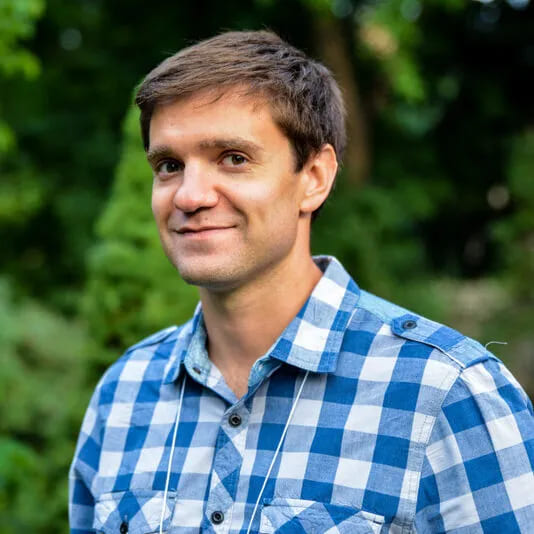
Alex Madva is Associate Professor of Philosophy at Cal Poly Pomona, Director of the California Center for Ethics & Policy, and Co-Director of the Digital Humanities Consortium. He is coauthor of Somebody Should Do Something: How Anyone Can Help Create Social Change. MIT Press (in press), together with Michael Brownstein and Daniel Kelly. His work centers on the intersections between the cognitive and social sciences and topics in philosophy of race and feminism, applied ethics (especially prejudice and discrimination), social and political philosophy, and phenomenology.
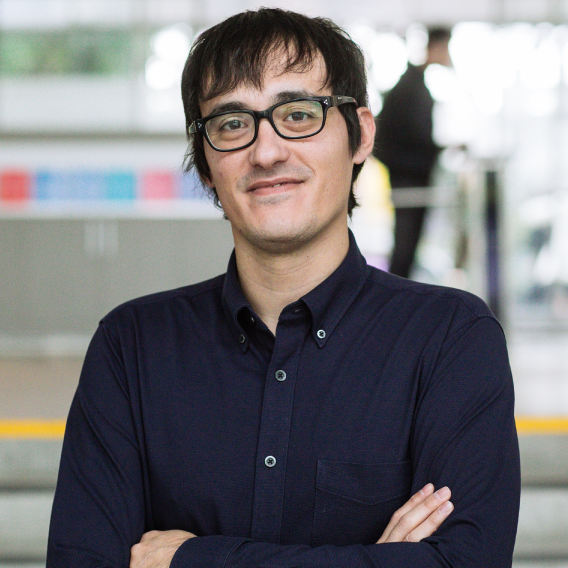
Joaquín Navajas is a researcher at the Business School of the Torcuato Di Tella University and a researcher at CONICET. His lines of research focus on understanding biases in decision-making, the behavior of work teams, moral decisions, and cognitive processes linked to political polarization. He has previously worked in various lines related to neuroengineering, cognitive neuroscience, experimental psychology, and human behavioral sciences. His research has been published in Nature Human Behaviour, Journal of Neuroscience, Journal of Experimental Psychology and Current Opinion in Behavioral Sciences, among others. He currently heads the Neuroscience Laboratory at Torcuato Di Tella University.
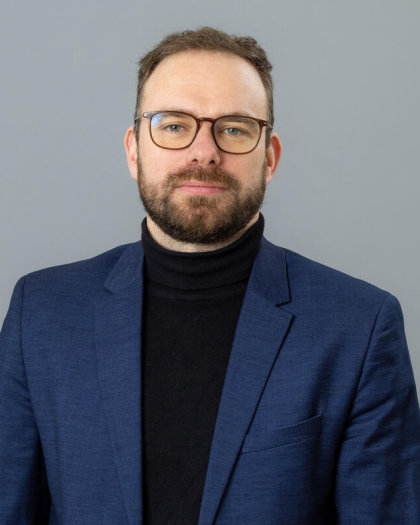
Claudiu Eduard Nedelciu is a postdoctoral fellow in the System Dynamics Group at the University of Bergen and a member of the SEAS program on marine sustainability. He applies systems thinking and system dynamics to natural resource management, with a focus on degrowth and post-growth perspectives. His current research explores the emergence of deep-sea mining in Norway and on the international stage. His interdisciplinary work, at the intersection of sustainability, uncertainty, social economy, and oceanography, has been published in Resources Policy, Ambio, Sustainability, and Global Food Security, among others.
Methodology
The workshop is designed as a theoretical and practical meeting where Ph.D. candidates will have the opportunity to present and discuss their projects with guest professors, as well as with specialized members of our program and fellow colleagues. The workshop will consist of five connected sessions, each featuring guest talks and brief presentations by the students. The students will be divided into groups of four, each supervised by a FiloLab member, to collaboratively draft a brief paper. These drafts will be presented on the final day of the school.
In collaboration with the Department of Soil Science and Agricultural Chemistry at the University of Granada, the Summer School will include a field trip. During the trip, participants will visit several estates that showcase different agricultural practices adapted to a subtropical climate. The visit will also feature a talk on the potential impact of climate change on these agricultural systems and on the initiatives—developed in collaboration with local landowners, government bodies, and institutions—to mitigate these effects.
Registration and Fees
There will be a single registration fee of €25 (twenty-five euros), covering administrative paperwork, course materials, and a certificate of participation/presentation.
The registration fee may be waived upon request for non-funded or unemployed students. To qualify, students must provide proof of enrollment in a Ph.D. program, along with documentation supporting their claimed status. Additionally, one fee-exempt spot is available for a student from an Arqus Alliance university.
Students whose presentations are selected will have their accommodation and meals covered.
Accepted proposals will be informed about the payment details for the registration fee at a later stage.
Applications
If you want to apply, please fill in the form (here: https://forms.gle/tkdYVbAk48iuA2tj8). Please provide your name, contact information, affiliation and short bio (no more than 200 words). Abstracts should be max. 1,500 words and suitable for blind-review. The deadline for abstract submissions is May 15, 2025. Any inquiries should be sent to filolab@ugr.es.
Organizing Commitee
Ophelia Deroy – Ludwig Maximilian University of Munich
Manuel Almagro Holgado – University of Valencia
Pedro Francés Gómez – University of Granada
Manuel de Pinedo – University of Granada
Neftalí Villanueva – FiloLab Director, University of Granada
José Luis Liñán – FiloLab, University of Granada
Sponsors
- International School for Posgraduate Students, University of Granada (Spain)
- Spanish Ministry of Science, Innovation, and Universities, Project «Behavioral Insight, Ethics and Norms for a New Social Contract» (PID2021-128606NB-I00). PI: Pedro Francés Gómez.
- Spanish Ministry of Science, Innovation, and Universities, Project «Aesthetics, Science and Education for Sustainability» (PID2022-142177NB-I00). PI: Henrik Zinkernagel.
- Spanish Ministry of Science, Innovation, and Universities, Project «The nature of deniability and its philosophical implications (NANESI)» (PID2023-150151NA-I00). PIs: Manuel Almagro (UV) and Neri Marsili (UNED).
- Spanish Ministry of Science, Innovation, and Universities, Project «The Role of Deliberation in Political Philosophy: Political and Metanormative Proposals» (PID2023-147881NB-I00). PIs: Lilian Bermejo Luque and Javier Rodríguez Alcázar.
- Spanish Ministry of Science, Innovation, and Universities, Project «The Nature of the Evaluative and the Perception of Injustice» (PID2022-140562NB-I00). PIs: Manuel de Pinedo and Neftlí Villanueva.
- Project «Legal Interpretation and Moral Reasoning» (CNS2023-144543), founded by MICIU/AEI/10.13039/501100011033 and European Union NextGenerationEU/PRTR. PI: Ivar Rodríguez Hannikainen.
- FiloLab UGR Scientific Unit of Excellence, UCE-PP2017-04.
- Departamento de Filosofía I, UGR
